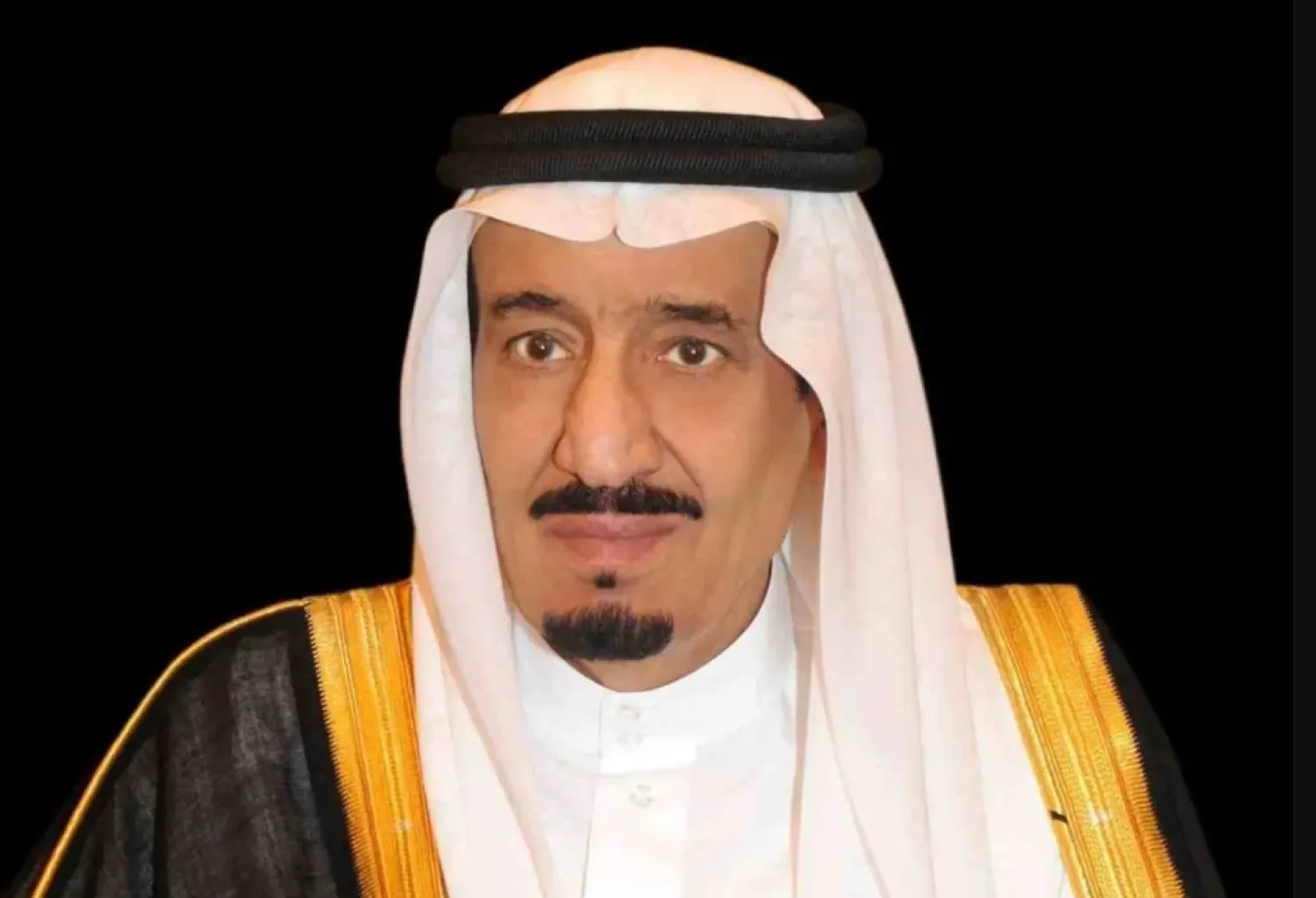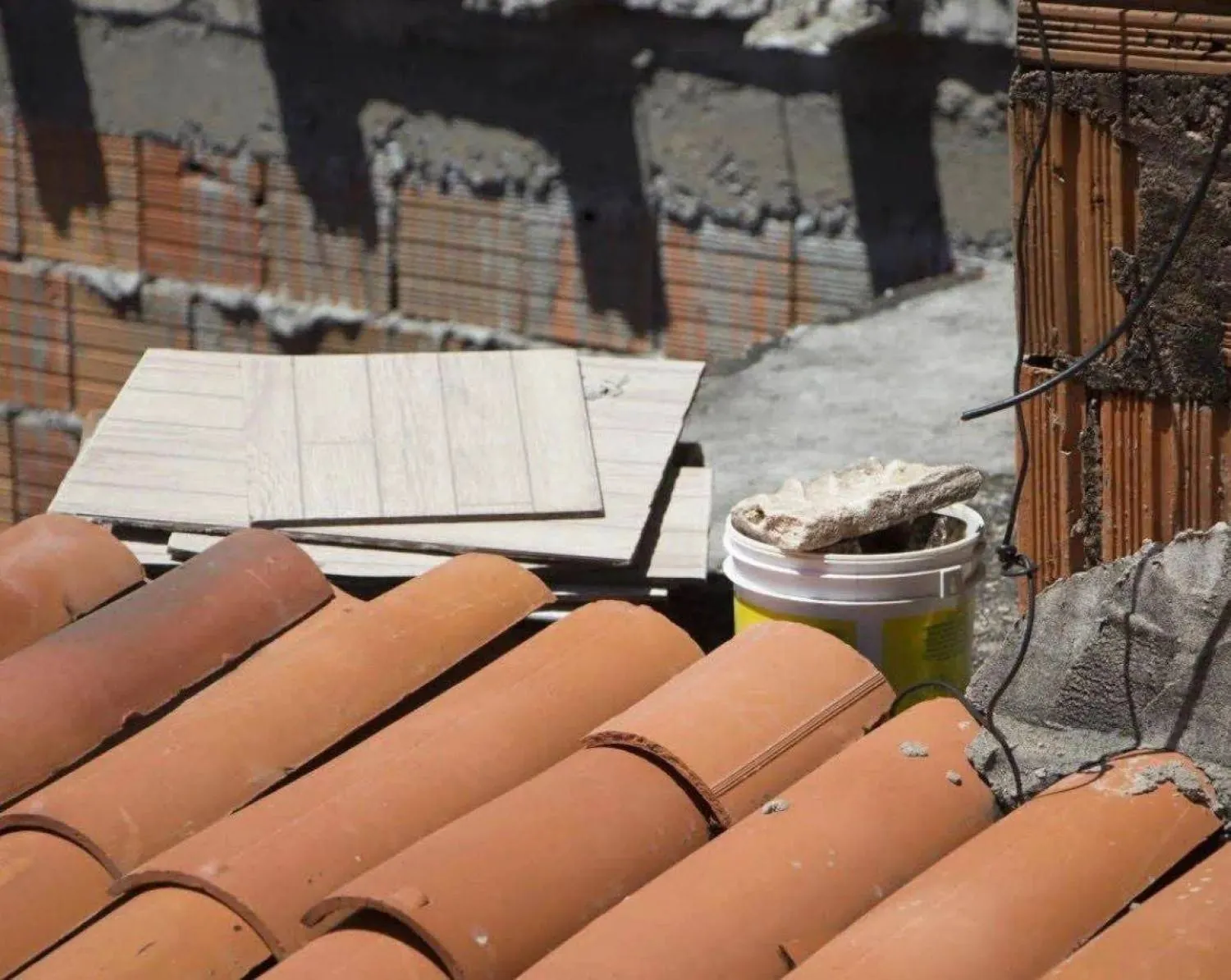Gulf Arab leaders signed a declaration on Tuesday in Saudi Arabia to mark a new page in relations after ending a feud with Qatar that lasted over 40 months, leaving many to speculate about what’s next.
At the 41st annual summit of the Gulf Cooperation Council (GCC), held in AlUla, the four countries that jointly boycotted Qatar — Saudi Arabia, the United Arab Emirates, Egypt and Bahrain — restored diplomatic ties with Doha.
Reconciliation ensures that higher interests of the peoples of the six Gulf states that make up the GCC are maintained.
Assistant Secretary-General for Political Affairs and Negotiations at the GCC Abdulaziz Hamad Aluwaisheg said that now is the time for Gulf states to discuss issues that triggered differences and establish a mechanism for resolving them.
Aluwaisheg added that the first step towards a solution has been taken.
Confirming reconciliation with Qatar, Saudi Arabia's foreign minister said that the 41st GCC summit has opened a new phase of "solidarity" and "stability" between regional states.
Saudi Arabia's decision to reopen air, land and sea borders with Qatar ahead of holding the GCC summit in AlUla was perceived as a milestone towards resolving the Gulf dispute. Observers said that the summit succeeded before even starting.
Gulf countries signed “AlUla Declaration” at the conclusion of the GCC summit, outlining the features of restoring multi-faceted cooperation after the union having suffered fluxes in its influential role in enhancing the security and stability of the region for over three years.
Mounting Iranian threats demand that regional states unite in a firm stance.
Aluwaisheg, in a phone interview with Asharq Al-Awsat, confirmed that the GCC can now achieve progress on various tracks more swiftly, saying reconciliation will have a positive effect on political cohesion and economic achievement.
For the political track, reconciliation has managed to unite the stances of GCC states on Iran, especially on facing Tehran’s nuclear ambitions and meddling in the internal affairs of neighbors.









